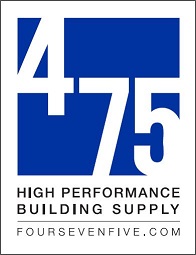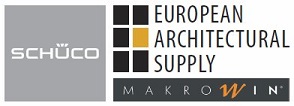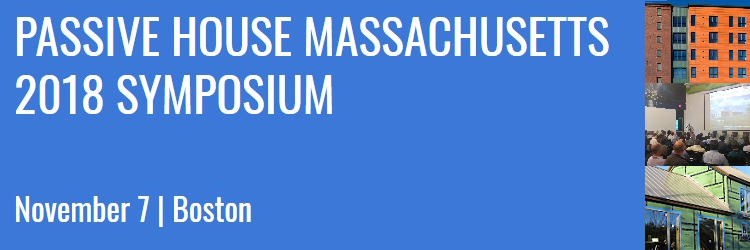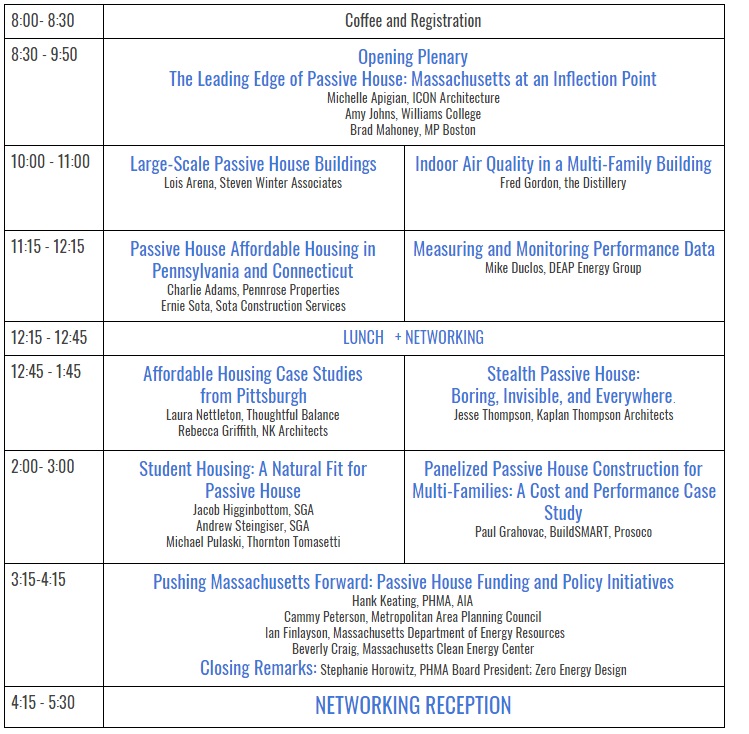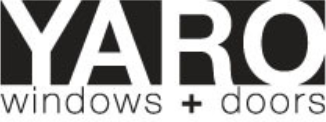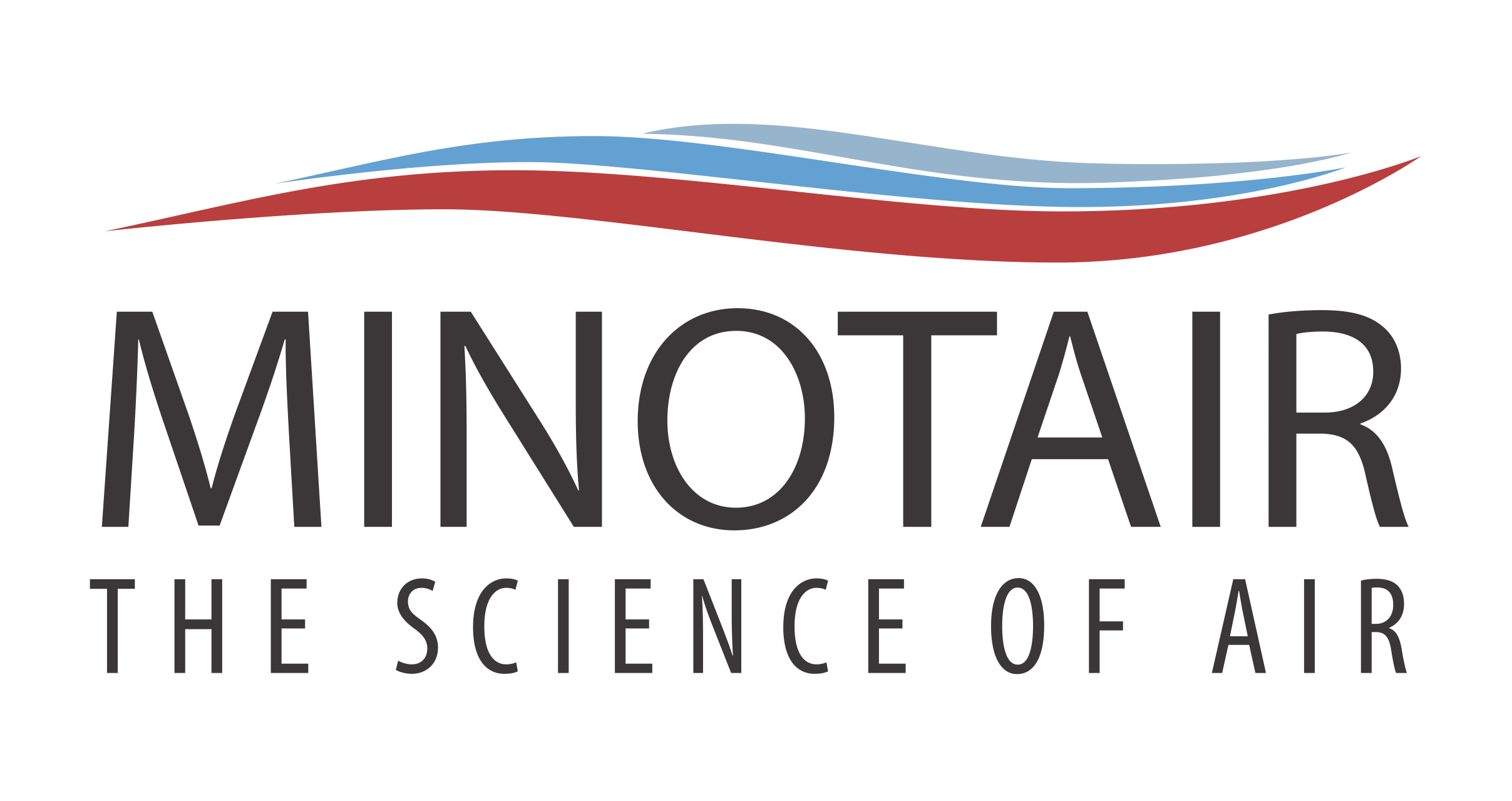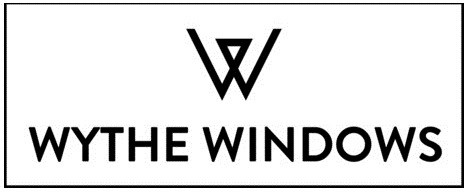Registration | Schedule
Schedule of Events
Opening Plenary: The Leading Edge of Passive House
Michelle Apigian, CPHC, AIA, ICON Architecture
Amy Johns, Director of the Zilkha Center for Environmental Initiatives, Williams College
Brad Mahoney, Development Project Manager, MP Boston
Passive House is at an inflection point in Massachusetts, both increasing in number and diversifying in type. This opening plenary session will feature a showcase of projects representing the future of Passive House in Massachusetts: a multi-family building in Cambridge, a college residence hall in Williamstown, and the largest Passive House office yet built, right in the heart of Boston.
Pushing Massachusetts Forward: Passive House Funding and Policy
Hank Keating, PHMA, AIA
Cammy Peterson, Metropolitan Area Planning Council
Ian Finlayson, MA Department of Energy Resources
Beverly Craig, MA Clean Energy Center
This closing session features experts in Passive House funding, energy efficiency incentives, and green building policy discussing ongoing and future initiatives in Massachusetts, from pilot programs and training funding to energy benchmarking and affordable housing credits. Find out what policy is shaping the future of Passive House and how its pushing Massachusetts forward.
Affordable Housing Case Studies and Lessons Learned from Pittsburgh
Laura Nettleton, CPHC, Thoughtful Balance
Rebecca Griffith, CPHD, NK Architects
Two major Passive House retrofits in Pittsburgh are proof positive that revolutionary energy performance and indoor air quality and comfort are not confined to new buildings. Retrofit projects can be cost-effective and practical, and we’ll show the data. They are also full of surprises, require lots of creativity, and generate more lessons-learned than one can count!
Student Housing: A Natural Fit for Passive House
Jacob Higginbottom, AIA, LEED AP – Director of Higher Education, SGA
Andrew Steingiser, AIA, LEED AP, PHIUS – Project Architect, SGA
Michael Pulaski – Vice President of Sustainability, Thornton Tomasetti
Highlighting two ongoing projects in Massachusetts, at Wheaton College and Williams College, this panel will discuss the value that Passive House can bring to student housing on any higher education campus as well as some of challenges faced in designing larger scale Passive House buildings, including metrics to consider, integration with PHIUS, selection of MEP system, district heating, and student plug loads.
Passive House Affordable Housing in Pennsylvania and Connecticut
Charlie Adams, Regional Vice President, New England, Pennrose Properties
Ernie Sota, Owner, Sota Construction Services
States like Pennsylvania and Connecticut have been leading the way in bringing Passive House to affordable housing projects – in this session a developer and a builder will present their perspective on what has gone right and what lessons can be learned.
Large-Scale Passive House Case Studies
Lois Arena, PE, CPHC, Steven Winter Associates, Inc.
From high-rises to apartment complexes, Lois has consulted on some of the largest Passive House buildings in the world, including the 26-story House at Cornell Tech and the 101-unit Beach Green North, and in this session will provide case studies and lessons learned from her experience.
Measuring and Monitoring Performance Data
Mike Duclos, CPHC, DEAP Energy Group
This is an interactive tour of monitoring techniques used and lessons learned from a variety of buildings, including certified Passive House, zero energy. Topics covered include passive survivability, indoor air quality, point source heating, DHW, point source moisture and odor capture, and hygienic air exchange ventilation system performance. Performance and energy consumption data, and cost vs performance implications are shared, interpreted within the context of the various incentive programs currently available in Massachusetts.
Stealth Passive House: Boring, Invisible, and Everywhere
Jesse Thompson, CPHC, Principal at Kaplan Thompson Architects
What are the critical elements of Passive House that we all need to ensure are maintained in every project, no matter the client goals or project situation? Early stage Passive House project often launch with integrated teams, lots of fan fare, and extensive stacks of (expensive) consultants. That’s all good for the pilot projects, but how do all of us take this to mainstream construction projects when we are not allowed all these special resources? Jesse will lay out the path he has followed on several projects where Passive House was either frowned upon or actively off the table.
Panelized Passive House Construction for Multi-Families: A Cost and Performance Case Study
Paul Grahovac,VP New Business Development, BuildSMART (note: remote speaker)
In this virtual session, Paul will share how Passive House certified wall panels with factory-installed windows have been causing houses and apartment buildings to surpass Passive House air tightness requirements on the very first blower-door effort with no leak chasing. He will explain contrasts between code compliance and Passive House construction that creates energy consumption delta, strategy for reducing tenant utility allowance, explain methodology for profitability spreadsheet that accounts for increased cost of construction and increased revenue from energy efficiency, and explain additional profit impacts of HVAC capital expense reduction, using fixed windows, accelerated construction due to prefabrication, and avoidance of 20-year window replacement by using Passive House windows.
Indoor Air Quality and Occupant Health in a Multi-Family Building
Fred Gordon, The Distillery
In this session data is presented on air quality in Massachusetts’s first multi-family building and frames a discussion on the hazards of microparticulate pollution and the implications for radically different building design. What are the health effects of air pollution, how does Passive House improve air quality, and what are next leaps forward in building health.
Networking Reception
Join us in the BSA Gallery for a closing reception for a chance to mix and mingle with colleagues, presenters, vendors, and fellow guests. Free with all registrations.
Registration
Thank you to our sponsors
